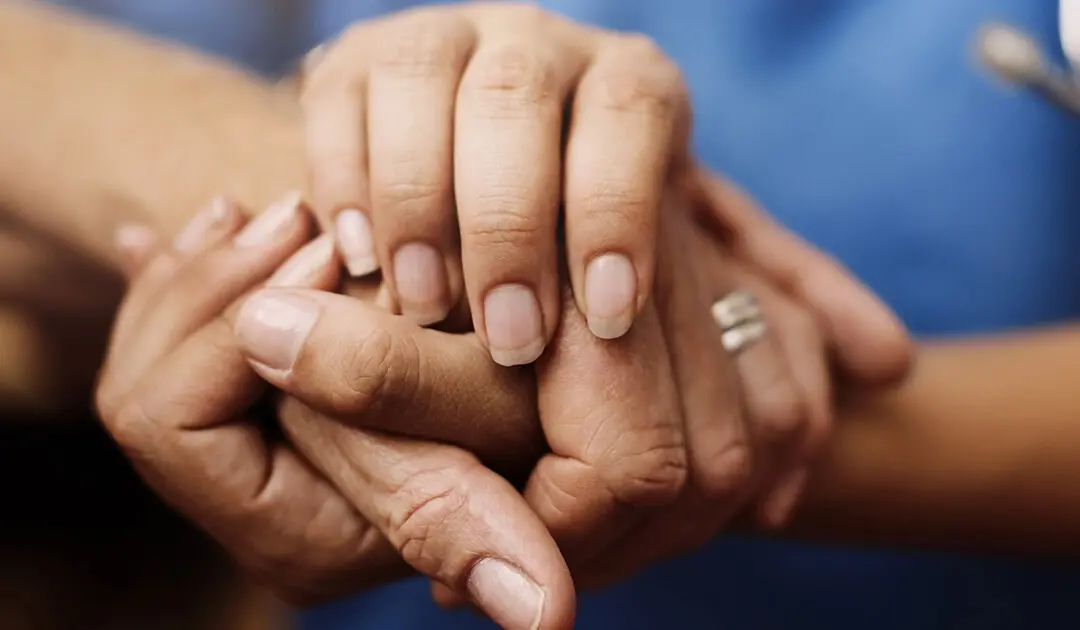What You CAN Do – Meaningful Action Matters in the Face of Violence

Mass shootings hold garish prominence in the gallery of traumatic and deadly events that have peppered our cultural consciousness, to the degree that a certain numbness seems to have set in, even in the face of yet another brutal and seemingly preventable episode of gun violence.
Because the Crisis Prevention Institute focuses exclusively on the prevention and management of disruptive and assaultive behaviors, it is devastating to witness these events, and inappropriate to suggest that any mandate, product, or philosophy can single-handedly eliminate the possibility of violence from our world.
Instead, as an organization made up of professionals who work to address the principles of safety and nonviolence in many settings, including schools, we stand in solidarity with our fellow citizens as human beings who are anguished by the loss of life and the traumatization of communities when violence occurs.
We seek not to politicize or capitalize on these events, but to state our beliefs in support and affirmation of those who have made unthinkable sacrifices in the face of violence. Our belief is simple: every person deserves a safe and peaceful world, and each of us can play a part in making that world a reality, because no effort one person might make is too small to matter.
The belief required to realize such a world is not as radical as we might think it is, but it does require each of us to unflinchingly acknowledge the needless destruction of violence. We must witness each person involved in crisis and confront the truth that there is no difference between them and us—we are all deserving of life, safety, and peace.
At CPI, we embrace this belief by refusing to wait another day to step forward in good faith and good will, in service to humankind. We embrace this belief by insisting that there is a real remedy to the numbing specter of violence that hangs over our culture. That remedy exists within each of us, within our behavior.
In the face of undeniable risk, we must boldly connect with undeniable potential, extending our love and our care, and truly and meaningfully advocate for the ongoing safety, security, and welfare of all people.
We stand with the countless bereaved in their grief, and we commit to our fellow citizens that we will move forward with a renewed focus to address the real risk of violence.
We also offer to our neighbors what we’ve learned in coping with violent crises, because these experiences carry a powerful thread of hope.
We’ve learned that people are remarkably resilient and strong. They are fundamentally brave. They are uniquely able to react quickly to advocate for the safety and well-being of one another in a moment of crisis. This profound instinct exists within each of us—and we witnessed it yesterday in the face of distressing violence—and this instinctual tendency to act quickly to preserve the safety of others is an uplifting phenomenon in life’s darkest moments.
We’ve learned that trauma affects people in very real ways during and after a crisis, and that it is vitally important to realize that feelings like anxiety, apprehension, concern, fear, and worry are a very normal part of processing trauma. Here are ways we’ve learned to effectively cope in the aftermath of a crisis:
• Keep yourself safe physically and emotionally. Stay aware of the suggestions made by authorities during a crisis, and endeavor to keep that advice in perspective.
• Focus on the facts. Be careful about making assumptions or adding to rumors, which can rapidly escalate into serious risk and harm.
• Consult with reliable and authoritative sources. These could include your local emergency management agency (EMA) and state, regional, and federal authorities.
• Make positive choices. Remember your priorities. Only you know what they are. It is very important to seek constructive help in the wake of a traumatic experience.
• Maintain a support network and keep in touch with them. We each define “family” differently, but keep these contacts close, and relinquish nonessential concerns.
• Focus on what you CAN do. Remember, we can each do something—but none of us can do everything. Continue routine activities, and maintain realistic expectations of yourself and others.
• Do something small for yourself and for someone you care about. Particularly in the face of a significant crisis, the tiniest acts of love and compassion truly matter.
In an address in 1966, Robert F. Kennedy said, “It is from numberless diverse acts of courage and belief that human history is shaped. Each time a man stands up for an ideal, or acts to improve the lot of others, or strikes out against injustice, he sends forth a tiny ripple of hope, and crossing each other from a million different centers of energy and daring, those ripples build a current which can sweep down the mightiest walls of oppression and resistance.”
Our deepest condolences are given to those who have suffered the impact of gun violence. Our greatest challenge is to you, as much as it is to ourselves—to not lose hope, and to stand up for nonviolence and peace. To make the genuine efforts that each of us can, and to send forward with each endeavor a tiny ripple of hope—may it become a wave of healing.
Schedule a Consultation
Learn how CPI’s training programs can benefit your organization.
Let's Connect